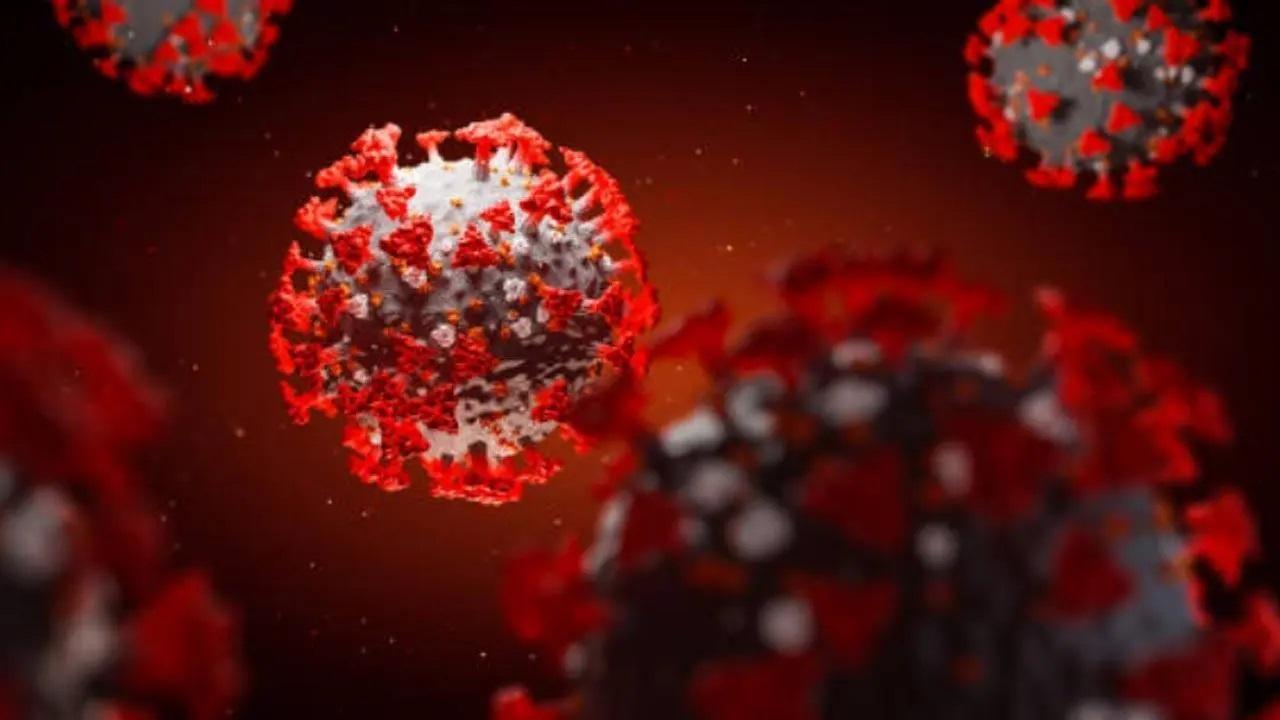These cells, called human type-2 innate lymphoid cells (ILC2s), can be expanded outside of the body and applied in larger numbers to overpower a tumour's defences

Image for representational purpose only. Photo Courtesy: istock
Researchers have discovered a type of immune cell in the human body known to be important for allergy and other immune responses that can also attack and eliminate cancer and fight viruses like SARS-Cov-2, that causes Covid-19 infection.
ADVERTISEMENT
These cells, called human type-2 innate lymphoid cells (ILC2s), can be expanded outside of the body and applied in larger numbers to overpower a tumour's defences and eliminate malignant cells in mouse models with cancer, according to the preclinical research published in the journal Cell.
"We have identified human ILC2 cells as a new member of the cell family capable of directly killing all types of cancers, including blood cancers and solid tumours," said Jianhua Yu, Professor in the Department of Hematology & Hematopoietic Cell Transplantation at City of Hope, California, US.
"In the future, these cells could be manufactured, preserved by freezing, and then administered to patients. Unlike T cell-based therapies like CAR T-cells, which necessitate using the patient's own cells due to their specific characteristics, ILC2s might be sourced from healthy donors, presenting a distinct potential therapeutic approach as an allogeneic and 'off-the-shelf' product," Yu added.
In a previous research focussed on mouse cells, ILC2s had not consistently shown promise when tested for their cancer-killing abilities.
However, in the new study, researchers found "that human ILC2s function as direct cancer killers while their mouse counterparts do not," said Michael Caligiuri, Professor in the Department of Hematology & Hematopoietic Cell Transplantation at City of Hope.
To test human ILC2s, Yu and the team first isolated the cells from a blood sample. Then, they developed a novel platform that in four weeks can expand ILC2s harvested from the body 2,000-fold.
They next injected these externally expanded ILC2s into mice engrafted with human acute myeloid leukaemia (AML) or solid tumours, including pancreatic cancer, lung cancer and glioblastoma. The results showed that this ILC2 population could kill these tumours via a previously unknown cancer-killing mechanism.
"One convincing and direct piece of evidence appeared when we placed one ILC2 and one tumour cell directly together and found that the tumour cell died, but the ILC2 cell survived," Yu said.
"This proves that the ILC2s directly killed the cancer cell in the absence of any other cell."
ILC2s are rare in the body, Caligiuri said, found in highest numbers in the lungs, gut and skin.
Yu noted that the ILC2s do not need to come from the cancer patient's own cells, meaning that there may be the possibility of harvesting and freezing ILC2s from healthy donors for ILC2 treatment options in the future.
"We aim to really expand the applications of these findings, potentially beyond cancer treatments," Yu said, noting that "ILC2s may even work against viruses, such as Covid-19".
This story has been sourced from a third party syndicated feed, agencies. Mid-day accepts no responsibility or liability for its dependability, trustworthiness, reliability and data of the text. Mid-day management/mid-day.com reserves the sole right to alter, delete or remove (without notice) the content in its absolute discretion for any reason whatsoever.
 Subscribe today by clicking the link and stay updated with the latest news!" Click here!
Subscribe today by clicking the link and stay updated with the latest news!" Click here!







